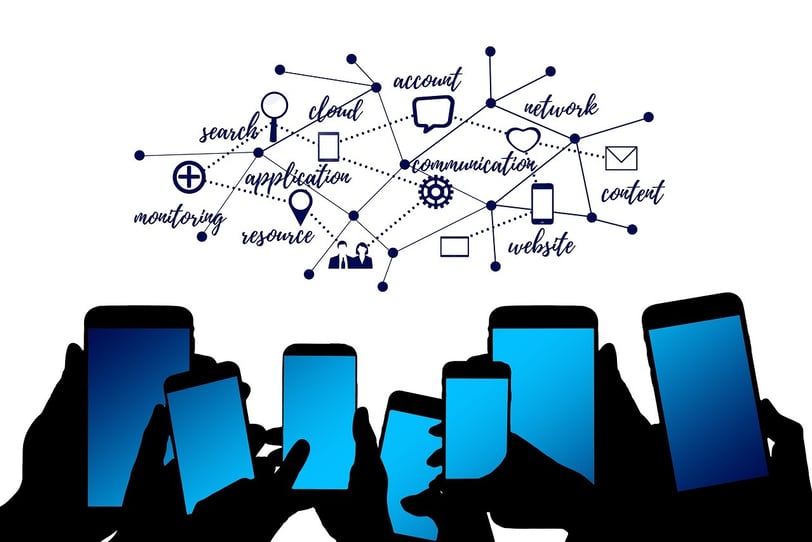Mobile Apps Revolutionize Waste
Transforming Waste Management: Mobile App Solutions for a Sustainable Future
5/14/20242 min read


In the United States, waste management has emerged as a critical environmental issue, with growing concerns about landfill capacity, pollution, and resource depletion. However, technological advancements are offering innovative solutions to revolutionize the way we manage and reduce waste. Mobile applications, equipped with cutting-edge features and functionalities, are playing a pivotal role in this transformation, empowering individuals and communities to adopt more sustainable waste management practices.
Streamlining Waste Sorting and Recycling:
One of the key challenges in waste management is the proper sorting and recycling of materials to minimize landfill waste and promote resource conservation. Traditional recycling programs often face hurdles such as contamination and inefficiencies, leading to suboptimal recycling rates.
Mobile apps are changing the game by providing users with intuitive tools and guidance for effective waste sorting and recycling. Apps like Recycle Coach and MyWaste enable users to access comprehensive recycling information, including sorting guidelines, collection schedules, and recycling facility locations, right at their fingertips. These apps leverage geolocation technology to provide localized recycling information tailored to users' specific locations, ensuring accuracy and relevance.
Moreover, some apps incorporate gamification elements and rewards programs to incentivize users to participate in recycling initiatives actively. By making recycling fun and engaging, these apps inspire individuals to take proactive steps towards reducing waste and conserving valuable resources.
Facilitating Waste Reduction and Reuse:
In addition to recycling, waste reduction and reuse are essential components of sustainable waste management. Mobile apps offer a range of features and functionalities to facilitate waste reduction efforts and promote the reuse of materials.
Apps like Too Good To Go and OLIO connect users with surplus food from local restaurants, grocery stores, and individuals, preventing edible food from ending up in landfills. These apps leverage location-based algorithms to match users with nearby food listings, allowing them to purchase surplus food at discounted prices before it expires. By redistributing surplus food to consumers, these apps not only reduce food waste but also contribute to food security and affordability.
Furthermore, mobile apps empower users to embrace a culture of minimalism and conscious consumption by facilitating the buying, selling, and swapping of secondhand goods. Platforms like OfferUp and Letgo enable users to list and discover preloved items in their local communities, extending the lifespan of products and diverting them from landfills.
Conclusion:
As the United States seeks to address the challenges of waste management and promote sustainability, mobile apps are emerging as powerful tools for change. By leveraging technological advances and innovative solutions, these apps empower individuals to make informed decisions, adopt sustainable practices, and contribute to a cleaner, greener future for all.
Citations:
"Recycle Coach: Get the App." Recycle Coach, www.recyclecoach.com/get-the-app.
"MyWaste: Mobile Garbage and Recycling App." MyWaste, www.my-waste.com.
"Too Good To Go: Fight Food Waste, Save Great Food." Too Good To Go, www.toogoodtogo.com/en-us.
"OLIO: Share More. Waste Less." OLIO, www.olioex.com.
"OfferUp: Buy. Sell. Simple." OfferUp, www.offerup.com.
"Letgo: Buy and Sell Used Stuff." Letgo, www.letgo.com.
